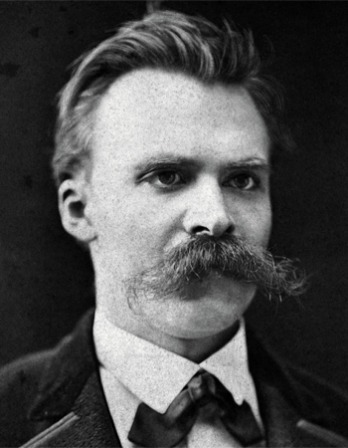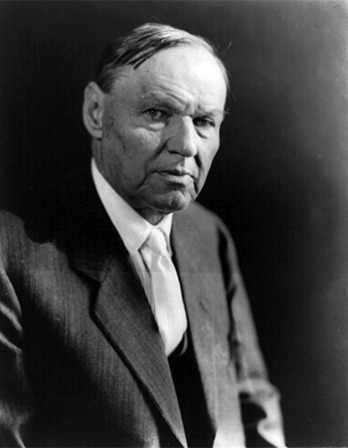Perfect friendship is the friendship of men who are good and alike in virtue; for these wish well alike to each other qua good, and they are good in themselves. Now those who wish well to their friends for their sake are most truly friends, for they do this by reason of their own nature and not incidentally. Therefore their friendship lasts as long as they are good—and goodness is an enduring thing.
But it is natural that such friendships should be infrequent, for such men are rare. Further, such friendship requires time and familiarity. As the proverb says, men cannot know each other until they have “eaten salt together.” Nor can they admit each other to friendship or be friends until each has been found lovable and been trusted by each. Those who quickly show the marks of friendship to each other wish to be friends. But they are not friends unless both are lovable and know the fact, for a wish for friendship may arise quickly, but friendship does not.
This kind of friendship, then, is perfect both in respect of duration and in all other respects. In it, each gets from each in all respects the same as, or something like what, he gives. This is what ought to happen between friends. Friendship for the sake of pleasure bears a resemblance to this kind, for good people, too, are pleasant to each other. So, too, does friendship for the sake of utility, for the good are also useful to each other. Among men of these inferior sorts, too, friendships are most permanent when the friends get the same thing from each other (e.g., pleasure), and not only that but also from the same source, as happens between ready-witted people, not as happens between lover and beloved.
For the sake of pleasure or utility, then, even bad men may be friends of each other, or good men of bad, or one who is neither good nor bad may be a friend to any sort of person. But for their own sake, clearly only good men can be friends, for bad men do not delight in each other unless some advantage comes of the relation.
Friendship being divided into these kinds, bad men will be friends for the sake of pleasure or of utility, being in this respect like each other, but good men will be friends for their own sake, i.e., in virtue of their goodness. These then are friends without qualification; the others are friends incidentally and through a resemblance to these.
As in regard to the virtues, some men are called good in respect of a state of character, others in respect of an activity, so too in the case of friendship. For those who live together delight in each other and confer benefits on each other. But those who are asleep or locally separated are not performing but are disposed to perform the activities of friendship. Distance does not break off the friendship absolutely but only the activity of it. If the absence is lasting, it seems actually to make men forget their friendship; hence the saying “Out of sight, out of mind.” Neither old people nor sour people seem to make friends easily, for there is little that is pleasant in them. No one can spend his days with one whose company is painful or not pleasant, since nature seems above all to avoid the painful and to aim at the pleasant. Those, however, who approve of each other but do not live together seem to be well-disposed rather than actual friends. For there is nothing so characteristic of friends as living together. People who are in need desire benefits—even those who are supremely happy desire to spend their days together, for solitude suits such people least of all. But people cannot live together if they are not pleasant and do not enjoy the same things, as friends who are companions seem to do.
From Nicomachean Ethics. Born in Macedonia in 384 bc, Aristotle likely composed this work—thought to be named after his son, Nicomachus—after having left Plato’s Academy in Athens. He died around the age of sixty-two, leaving behind a will containing provisions for many of his friends. “Aristotle does not assume the natural sociability of man,” writes scholar Lorraine Smith Pangle, “but searchingly questions it. In friendship, he and Plato both suggest, we can best see the true character and extent of our desire to live with others when that desire is shorn of all considerations of necessity and utility.”
Back to Issue





